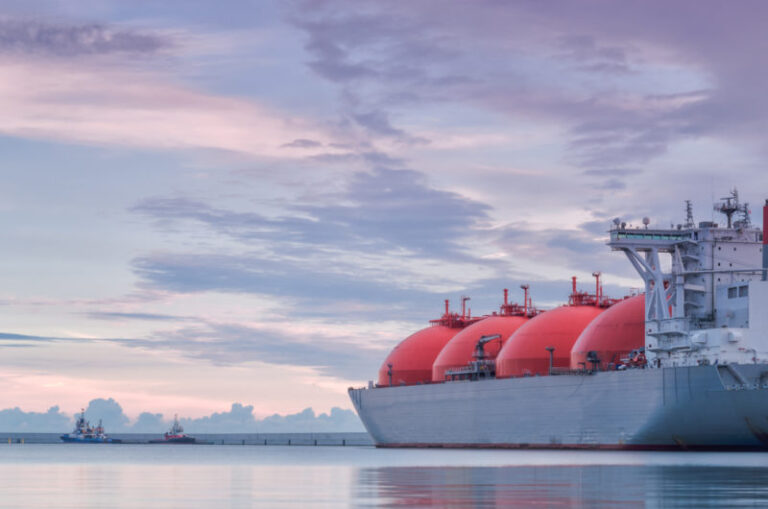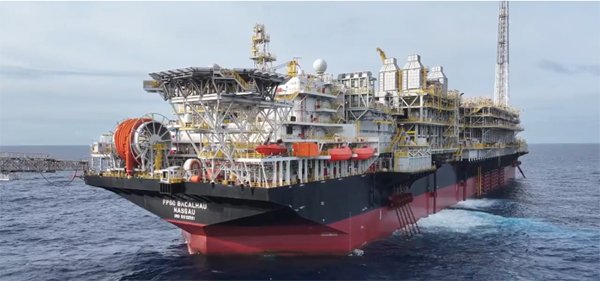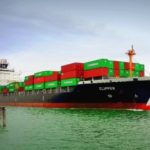

The trade tensions have officially spilled over to the shipping industry. In its latest weekly report, shipbroker Xclusiv said that “Beijing has answered Washington’s planned port dues with its own maritime counterpunch. From the same day the U.S. measure takes effect, China will levy a special port fee on any vessel that is U.S.-built, U.S.-flagged, owned or operated by a U.S. business, organisation or individual—and, crucially, on ships whose owning entity has U.S. persons holding 25% or more of equity, voting rights or board seats. The charge starts at CNY 400 per net tonne per voyage, rises to CNY 640 from 17 April, then CNY 880 in 2027 and CNY 1,120 in 2028. It is collected once per voyage at the first Chinese port only, rounded up to a full net tonne, & capped at five voyages per vessel per year, with “specific implementation measures” still being drafted. The China Shipowners’ Association has already signalled firm opposition to the U.S. 301 rules; in parallel, Washington has escalated by announcing a 100% tariff on all Chinese imports, pushing the spat directly into the arteries of seaborne trade. For shipping, exposure depends less on flag and build—and more on ownership fingerprints”.
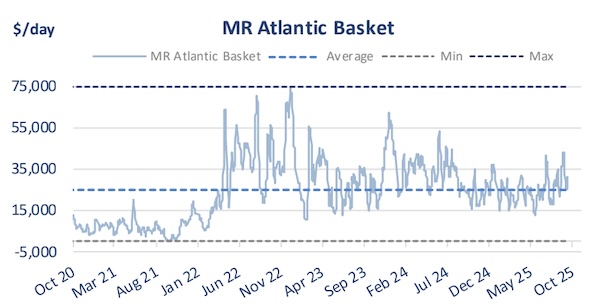
Xclusiv said that “our fleet snapshot based on our data underscores this. In dry bulk, the active fleet totals approximately 14,500 ships; 34 carry the U.S. flag (0.2%), 25 are U.S.-built (0.2%), and 299 are U.S.-owned & managed (2.1%). In tankers (>10,000 dwt), out of 7,800 units, 74 are U.S.-flagged (0.9%), 60 U.S.-built (0.8%), and 265 U.S.-owned & managed (3.4%). Containers show about 7,000 vessels with 67 U.S.-flagged (1%), 39 U.S.-built (0.6%), and 149 U.S.-owned & managed (2.1%). Gas carriers count almost 2,500 units, with just 1 U.S.-flagged, none U.S.-built, and 58 U.S.-owned & managed (2.3%). The small flag/build footprints might look reassuring—until you consider the ownership clause. Ships owned by U.S.-listed companies number 617 in dry (4% of that fleet), 928 in tankers (12%), 383 in containers (5%), and 218 in gas (9%). We do not yet know how many of these listed companies will fall within China’s 25% threshold, but the vessels that belong to or are managed by them total 2,146 across segments”.
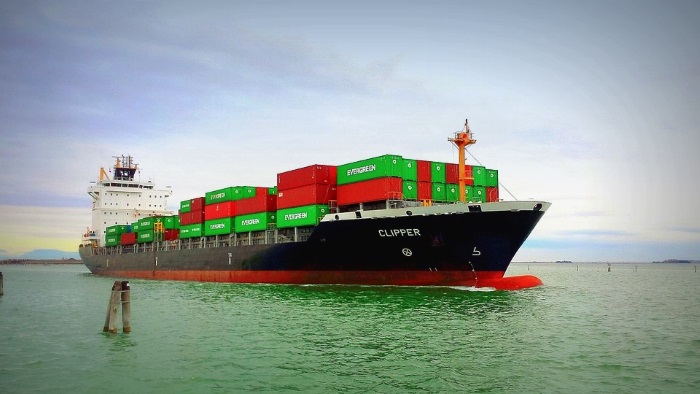
According to the shipbroker, “segment effects will diverge. Dry bulk’s direct cargo displacement may be limited near term, but the fee is a non-trivial voyage add-on for any U.S.-linked ship into China, nudging charterers toward “clean” ownership structures and potentially consolidating Chinese commodity imports on non-U.S. fleets. For tankers, the risk sits in utilisation friction: crude and product flows have been recovering, yet a compliance cloud over 928 U.S.-listed-owned ships and 265 U.S.-owned & managed units can sway fixture preferences toward neutral flags and owners, injecting volatility into earnings. Containers face the sharpest macro shock if the 100% U.S. tariff suppresses Transpac volumes; even if cargo is re-routed via third countries, inefficiencies rise while any vessel caught by the ownership test faces an extra China port cost layer. Gas is less exposed on flag/build but not immune on ownership, with 218 units tied to U.S.-listed groups and 58 U.S.-owned & managed”.
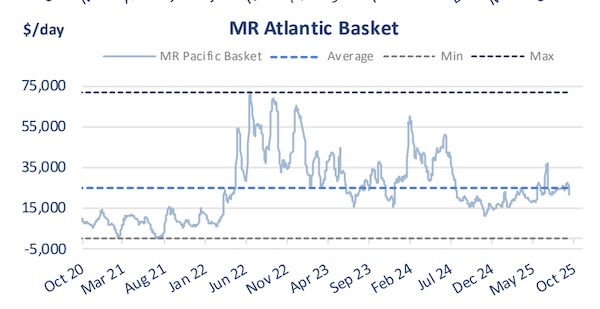
“Meanwhile, the U.S. port fees on Chinese-owned and Chinese-built vessels are also set to take effect imminently, mirroring the same per-voyage and escalating fee structure that Beijing has now adopted. This tit-for-tat symmetry locks both economies into a spiral of maritime taxation that risks distorting global freight flows. But Washington’s latest move goes even further: the Trump administration has now warned that countries voting in favour of the IMO’s Net Zero Framework could face sanctions, port bans, or punitive vessel charges. The weaponisation of both trade and environmental policy signals that shipping has moved from being a neutral conduit of global commerce to a direct instrument of statecraft. For owners and charterers alike, navigating this new regulatory battlefield may soon prove as complex—and as costly—as crossing any ocean”, Xclusiv concluded.
Nikos Roussanoglou, Hellenic Shipping News Worldwide

